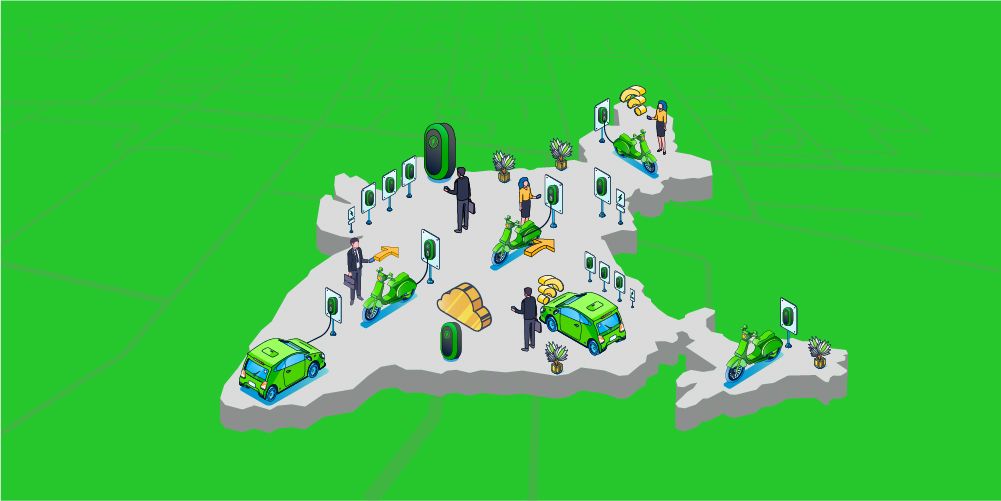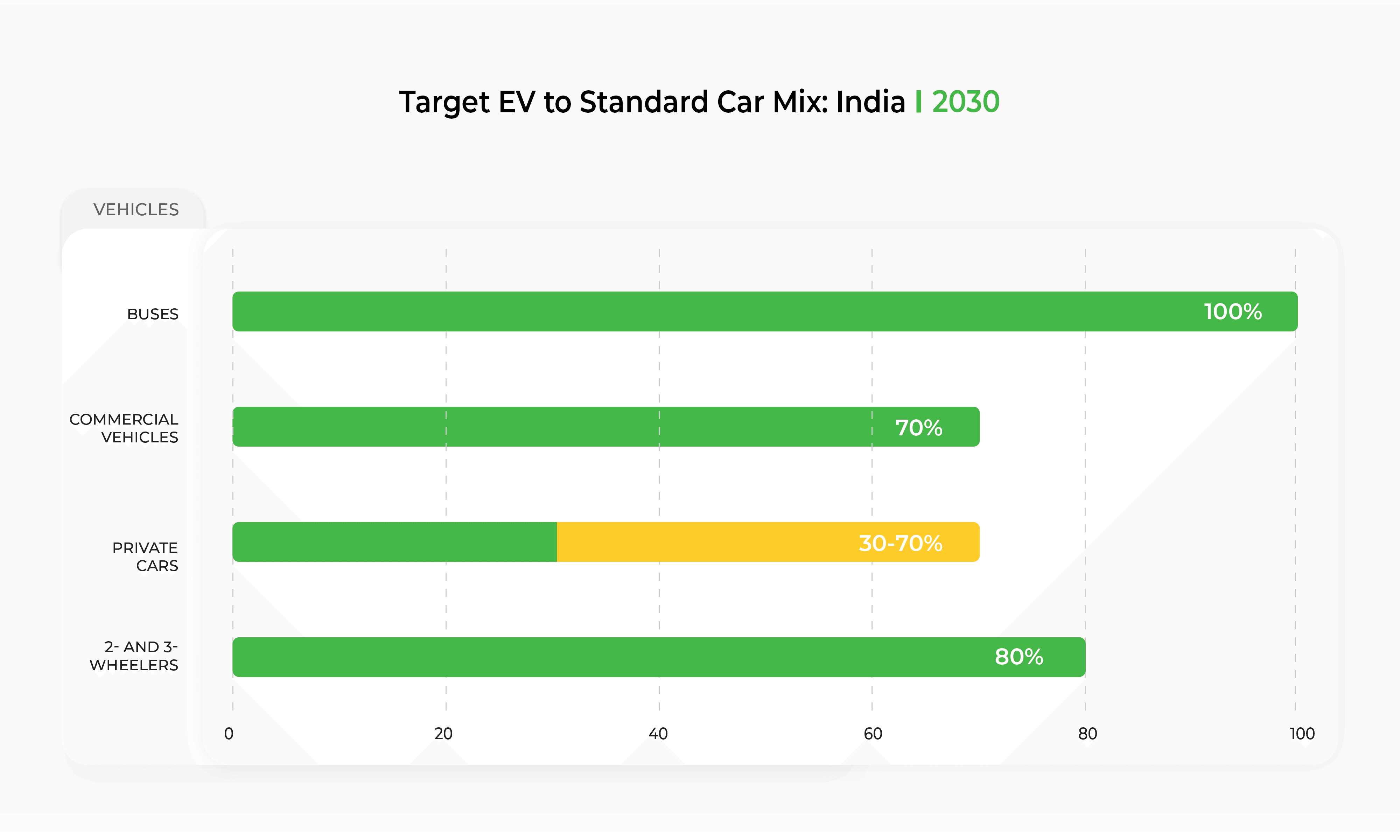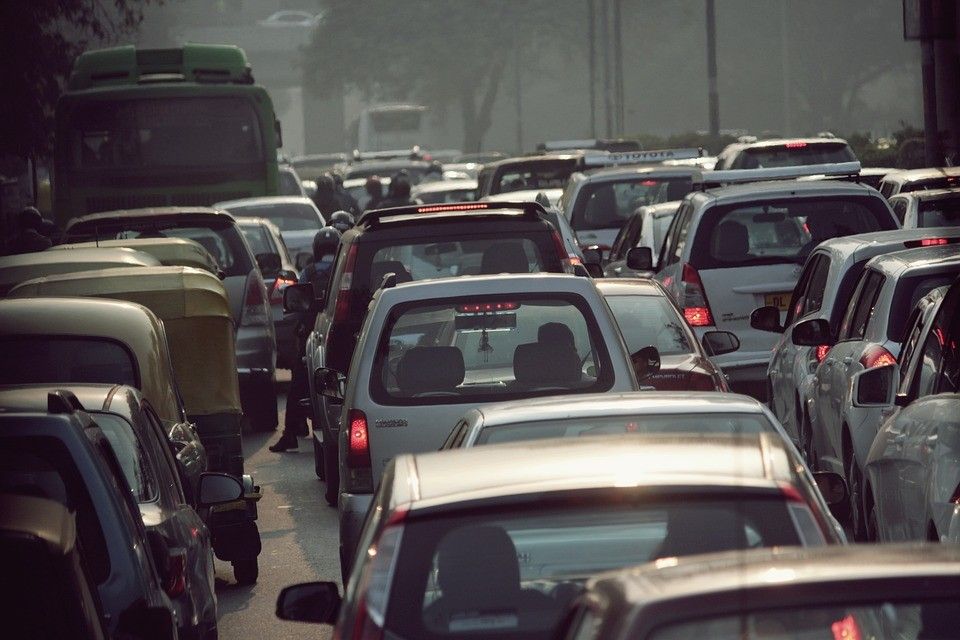"Dream, Dream, Dream! Conduct these dreams into thoughts, and then transform them into action."
- Dr. A. P. J. Abdul Kalam
"Dream, Dream, Dream! Conduct these dreams into thoughts, and then transform them into action."
- Dr. A. P. J. Abdul Kalam
11 Apr 2024
According to studies, electric car sales in India have increased by more than sixfold since before the outbreak. However, in addition to increased environmental concerns, skyrocketing fuel prices may have pushed this transformation forward. Nonetheless, it begs the question: is transitioning away from planet-destroying fossil fuel cars genuinely effective? For certain heavily electrified areas of the United States, the answer is a resounding — if gradual and steady — yes. In addition to being one of America's most technologically advanced states, California has remained a staunch supporter of the impending green transition, with ambitions to phase out gas-powered automobiles by mid-century. San Francisco, one of the state's richest cities, has recently seen a massive increase in electric car ownership.
As one of the world's major vehicle marketplaces, India's nationwide electrification will signal a watershed moment for both the globe and the country. The future of electric cars in India seems positive, given to the Indian government's push for sustainable transportation, rising consumer demand for new technologies, and the rise of private firms interested in EV technology. However, the government faces significant hurdles in its quest for complete EV adoption, including a lack of charging infrastructure and expensive EV upfront prices.

An Ever Evolving Surge of Electric Vehicles in India ~
(Source: Google Images)
India's EV Market Is on a Rapid Growth Trajectory ~
India is one of the world's largest markets for two- and three-wheeled vehicles, ranking among the global top five for private cars and commercial vehicles. According to JMK Research, a staggering 455,733 EV units were sold in FY2022. India's Ministry of Road Transport and Highways also claimed that 1,334,385 electric vehicles in India were on the road as of July 2022. These numbers are sure to increase, with central and state governments, as well as private sector players, actively pushing for greater electrification on Indian roads.
India Sets Ambitious Targets~
According to Union Minister Nitin Gadkari, the Indian government intends to achieve the following EV mix in India by 2030:

The Targetted Goals Till 2030
( Source: Google Images)
India set high aims for developing EV ecosystem by 2030. The Indian government has implemented laws and initiatives, like the National Electric Mobility Mission Plan (NEMMP), to promote the use of electric cars in the country. The goal is to lessen India's dependency on crude oil. The Indian government has also developed the Faster Adoption and Manufacturing of (Hybrid and) Electric Vehicles (FAME) plan. This initiative should help increase adoption rates in the future years. The Finance Minister of India has promised a cut in customs duties and taxes for the 2023 budget. This will help improve local manufacture of lithium-ion batteries used in electric vehicles. Several state governments, including Assam, Telangana, Tamil Nadu, and Gujarat, have implemented laws and initiatives to encourage EV manufacture in their territory.As a result of these initiatives, private businesses have begun to enter the EV industry, paving the way for increased adoption of electric cars in India. India's success will have a big and beneficial global influence.
India’s EV Adoption Will Be a Global Success ~
According to the International Energy Agency (IEA), global EV sales in 2021 would double from the previous year, reaching 16.5 million units sold globally. India has also promised that EVs will account for at least 30% of total road traffic by 2023. Although a modest goal, a 30% adoption rate will have worldwide ramifications, both ecologically and economically. For starters, India is the world's third-largest oil importer, but the switch to electric vehicles would dramatically cut its reliance on oil, destabilizing global oil markets. If India meets its lofty adoption ambitions, it would establish a model that other rising countries may follow worldwide mobility. This, in turn, will have a greater influence on oil prices as the reliance on this fossil fuel declines. Furthermore, with a population of 1.4 billion and a fast rising economy, India is poised to be a major participant in the global EV market today. The complete adoption of electric cars in India will constitute a significant step in the right direction towards sustainable development.
“We show from atmospheric measurements that adoption of electric vehicles is working, that it's having the intended effect on CO2 emissions," explained study author Ronald Cohen. “1.8 percent per year is half the rate that we need to decrease. But I think it's an amazing down payment on our way to the right future."
However, San Francisco is clearly an aberration and may not reflect the usual level of development that electrification may produce. The aggressive way in which Bay Area residents moved to greener automobiles is unreasonable to anticipate anywhere, particularly in impoverished regions.
“This is what a good news story looks like in the place that's most aggressive," Cohen remarks. "But it shows it's possible. It shows both how we can make measurements that allow us to report on how cities are doing with their policies, and it shows us those policies can make changes that are observable at scale.”

The increasing adoption of EVs in India will have significant environmental impacts.
(Source: Pixabay, carlovenson)